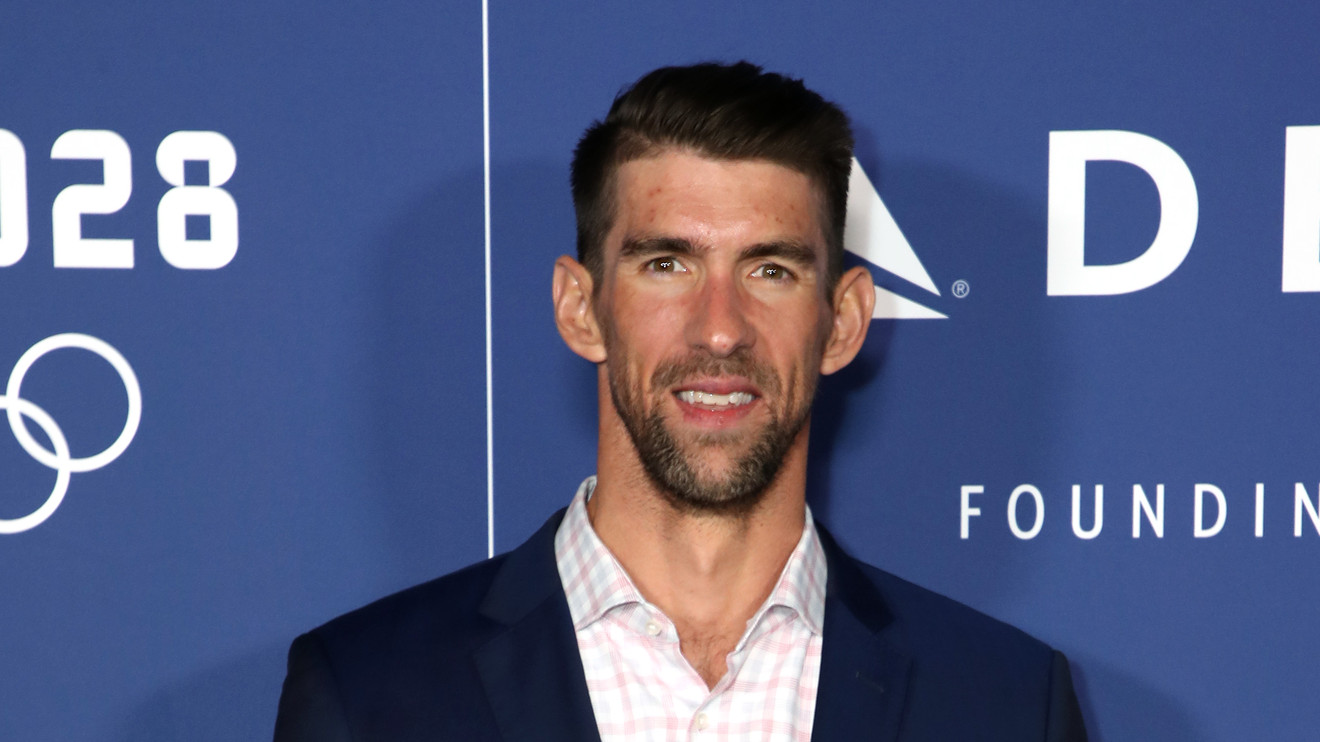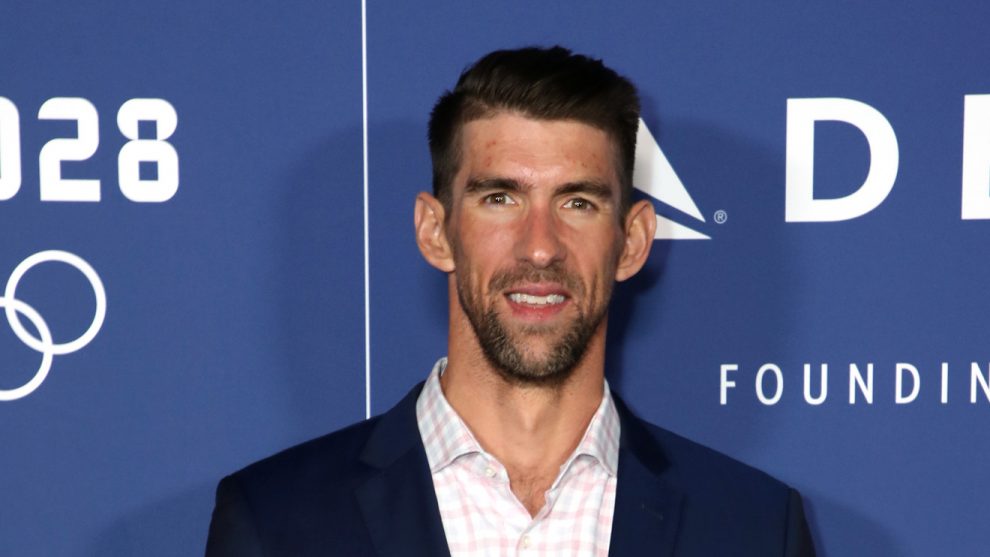
Heavy is the head that wears the crown of laurels.
Olympians wow the world with superhuman feats every four years — but Michael Phelps wants to remind us that they also struggle with very human fears and weaknesses. Sometimes tragically.
The most decorated Olympian in history, Phelps has won 28 medals in both individual and team swimming events for the U.S. (23 of them gold), and he has become vocal about the weight of those wins (and losses) on elite athletes since retiring after the 2016 Games in Rio. He’s been candid about his own struggles with mental health and substance abuse, and served as a board member for Medibio, an Australian company developing a diagnostic tool for depression and other mental disorders, from 2017 to 2019.
“ “It’s difficult to show vulnerability, especially as an athlete. We can’t show that weakness.” ”
Now the swimming legend is dipping his toe into documentary filmmaking with “The Weight of Gold,” which premieres on HBO Sports T, -0.43% on Wednesday night. Phelps served as executive producer on the project, and he also narrates the documentary that features Olympians such as freestyle skier Jeremy Bloom, speedskater Apollo Ohno, figure skater Sasha Cohen, hurdler Lolo Jones and snowboarder Shaun White discussing the depression and anxiety they’ve grappled with before and after the Games.
“You work as hard as you can, and put every ounce of energy you possibly have into trying to represent your country and potentially win a gold medal … and then the next day you’re done. That’s it,” Phelps previously told MarketWatch. “So you can get lost.”
“Weight of Gold” also features the late U.S. Olympic bobsledding great Steven Holcomb in a posthumous appearance. Holcomb was found dead in 2017 with prescription sleeping pills and alcohol in his system.
“It is going to be difficult [to watch], but you know it’s something we need to talk about, we need to address,” Phelps, 35, told the “Today” show’s Savannah Guthrie on Wednesday morning. “I would like to try and save as many Olympians or as many lives as we possibly can.”
Phelps suggests in the documentary that 80% or more of Olympians go through some type of post-Olympic depression. “Win or lose, I felt a dramatic emptiness” after each Olympic Games, Phelps reveals in the doc. And as he began opening up about his own mental state, he was gratified to find that he wasn’t alone.
“It was wild to see that I wasn’t alone,” he told the “Today” show. “But it also made me feel good, because there were other people that could help me understand it’s OK to not be OK.”
For example, two-time Olympian and silver medalist Cohen also notes that she didn’t develop any interests or hobbies outside of figure skating, because “everything else was an obstacle.”
And such feelings are not exclusive to those going for the gold. About one in four American adults suffers from a diagnosable mental disorder in a given year, and one in 10 will suffer from a depressive illness, such as major depression or bipolar disorder, according to Johns Hopkins data. But it appears difficult for athletes in particular to ask for help. Indeed, while one in four college athletes show signs of depression, the NCAA reports that student athletes are actually less likely to seek help than non-athletes.
Phelps has also expressed concern for the crushing disappointment and lost sense of purpose that the athletes who would have been competing in the 2020 Tokyo Olympics right now could be feeling — it was postponed for a year due to the COVID-19 outbreak — since they’ve been working toward it for years, if not their entire lives. While the Games have been canceled before, they have never been postponed.
iframe { position: absolute; left: 0; top: 0; width: 100%; height: 100%; }
]]>
“I really, really hope we don’t see an increase in athlete suicide rates because of this,” Phelps told NBC Sports in March. “Because the mental health component is by far the biggest thing here. This postponement is uncharted waters. We’ve never seen this before. It was the right decision, but it breaks my heart for the athletes.”
He went into more detail on the Comcast-owned CMCSA, +1.59% “Today” show on Wednesday. “You prep four years for it, and then all of a sudden, you kind of sit there and start twiddling your thumbs and don’t know what to do,” he said. “So I hope that all the athletes are taking care of what they can control, and if they can do that, then hopefully they can set themselves up for the potential to have a decent competition next year, if it happens.”
And a postponed 2020 Olympics in Tokyo next year is something Phelps would still like to see happen. “I hope it does, just for the sake of the athletes and for all of us,” he said. “I think it’s always good to see the Olympics come around and be a movement, it’s so amazing.”
“The Weight of Gold” premieres on HBO at 9 p.m. ET on Wednesday.











Add Comment